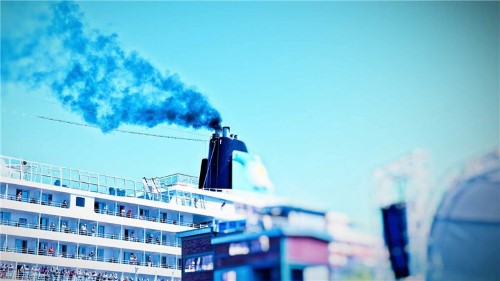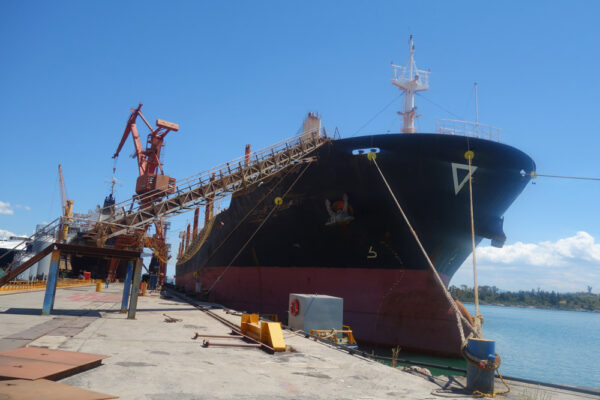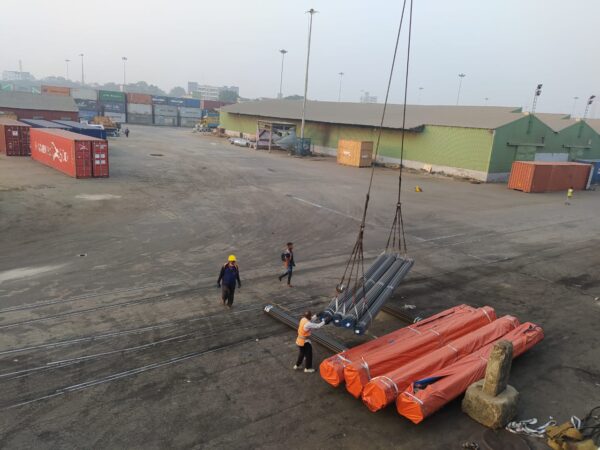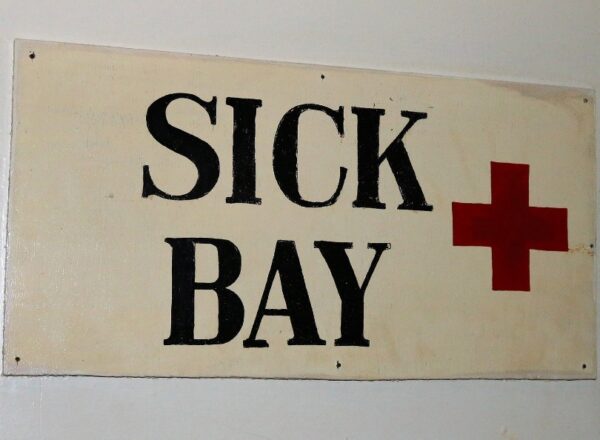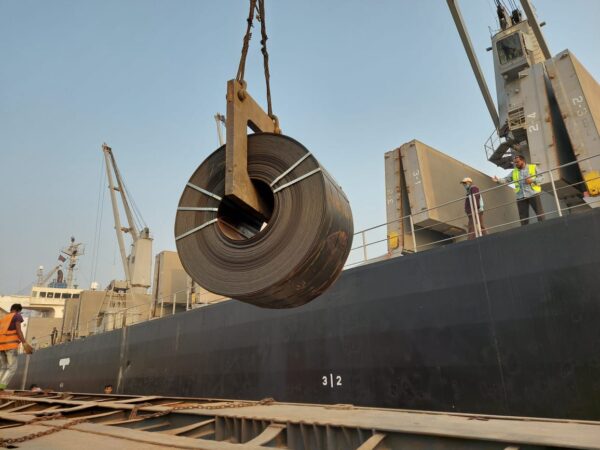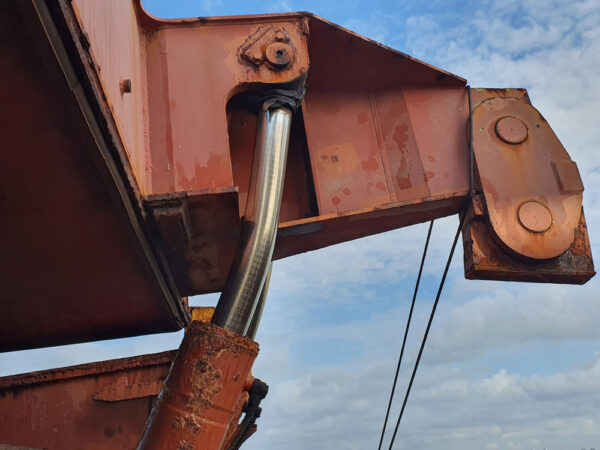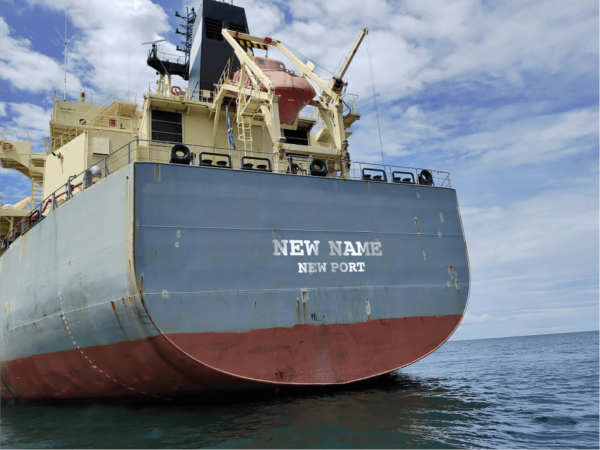Skuld’s IMO 2020 sulphur cap experience
More than a year has passed since the International Maritime Organization (IMO) mandate for the 0.50% sulphur cap for marine fuel (MARPOL Annex VI) came into force. The regulation orders ships to only use marine fuels with a sulphur content of no more than 0.50% sulphur. Ships fitted with an approved type of exhaust gas cleaning system (EGCS) or scrubbers may continue to use high sulphur fuel oils.

